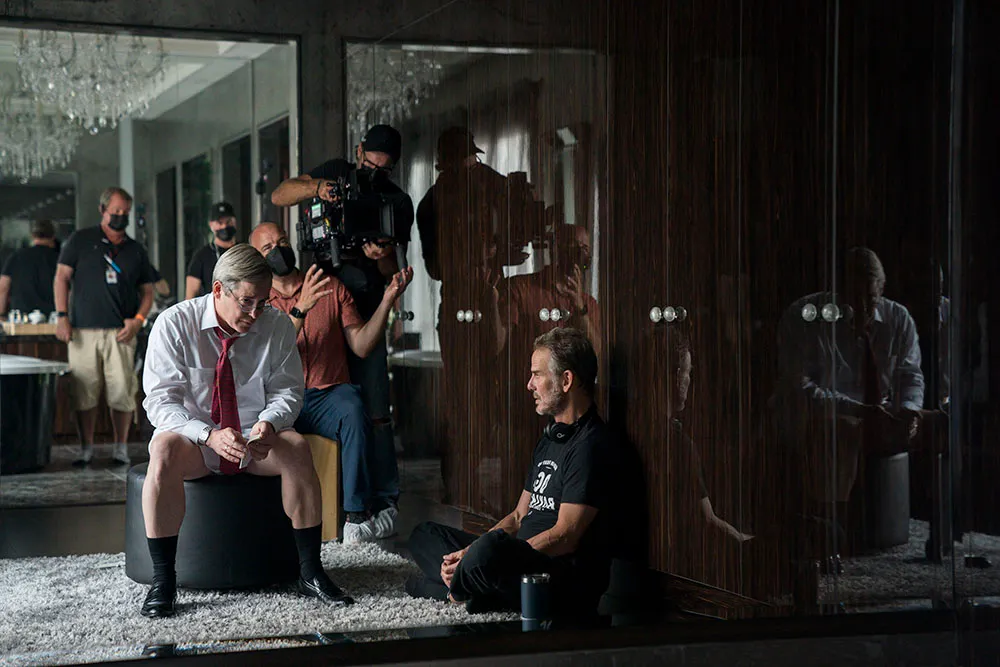Peter Berg, the creative force behind the powerful series “Painkiller,” recently shared insights into his approach to tackling the opioid crisis through his work. In an exclusive conversation with The Hollywood Reporter, Berg delved into the emotional depth of the show, his thoughts on the current entertainment landscape, and reflected on his notable career, including hits like “Friday Night Lights” and “The Leftovers.”
The opioid crisis has become a pressing issue, and Berg’s series “Painkiller” has joined the conversation with a distinct perspective. While similar projects like “Dopesick” have also emerged, Berg sees this concurrent development as an advantage. He believes that the multiple narratives surrounding the opioid crisis help amplify awareness of the ongoing struggle and the role of Purdue Pharma and the Sackler family in its origin.
READ MORE: Miley Cyrus Unveils New Song “Used to Be Young” Alongside Intimate ABC Special
“Painkiller,” which debuted on Netflix with an impressive 7.2 million views, resonates deeply with viewers due to its opening moments. Each of the six episodes starts with a standard legal disclaimer that some events have been fictionalized for dramatic purposes. However, Berg took a profound turn by incorporating the phrase “what wasn’t fictionalized,” leading to heart-wrenching stories of parents losing their children to opioid addiction.
The idea behind this emotional approach was born out of Berg’s desire to hold Purdue Pharma accountable and shed light on the devastating consequences of the opioid crisis. He collaborated with Netflix’s legal department and reached out to families who had lost children to OxyContin, receiving an overwhelming response of 80 Los Angeles-area families within the first 10 hours.
When asked about his perspective on the Dopesick comparison, Berg expressed admiration for the other series while emphasizing the importance of the complex issue at hand. He highlighted the vast scope of the opioid crisis, comparing it to an epic war with room for various storytellers to contribute their unique perspectives.
Berg’s career journey has been marked by successes like directing the pilots of celebrated shows such as “Friday Night Lights” and “The Leftovers.” He reminisced about casting Jesse Plemons in a minor role for “Friday Night Lights,” which evolved into a significant character as Plemons’s talent shone through. Berg spoke fondly of Plemons’s career trajectory and the idea that no role is too small when an actor’s dedication is infused into it.
Berg also touched on the current state of the entertainment industry, with the ongoing negotiations between the guilds and the AMPTP. While acknowledging the changes brought about by evolving consumption patterns, he expressed his support for the guilds’ pursuit of a new playbook that addresses these changes.
Reflecting on the past and the present, Berg paid tribute to the late Chris Cornell, whose struggles with opioids inspired him during the creation of “Painkiller.” He revealed that he had been tied to a documentary project involving Chris Cornell but hinted at the complexities surrounding it.
Peter Berg’s journey in the entertainment industry continues to be a mix of creativity, determination, and impactful storytelling. As he continues to shed light on significant societal issues through his work, he reminds us of the power of entertainment to provoke thought, drive change, and spark conversations that matter.
